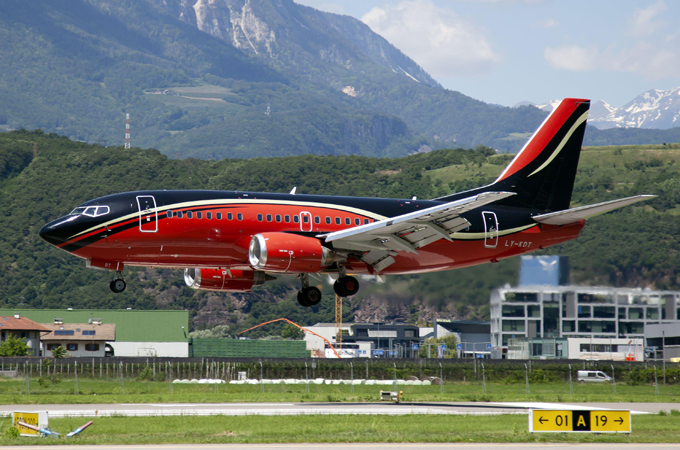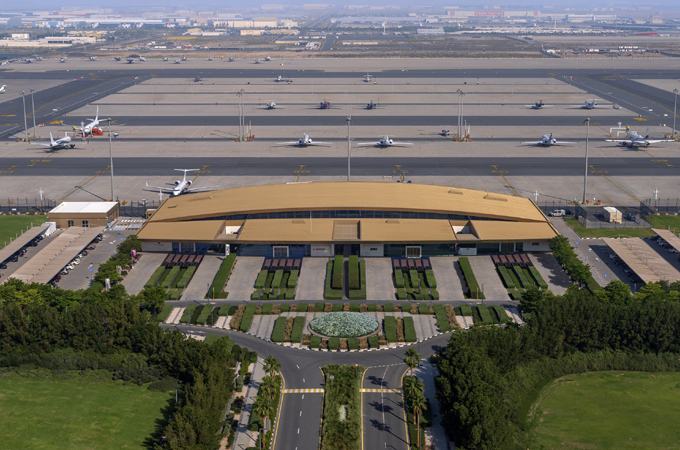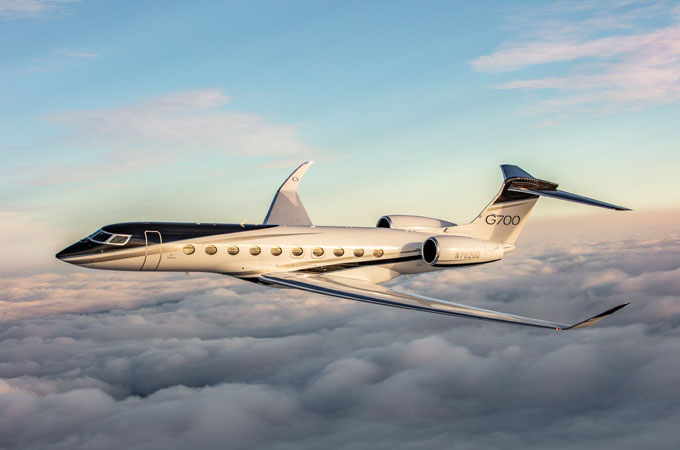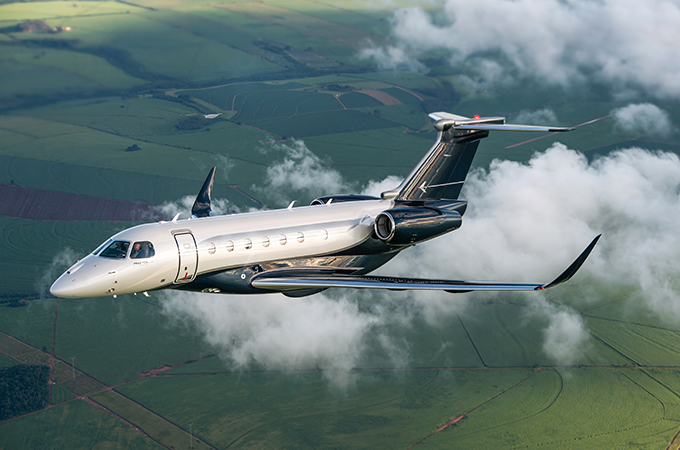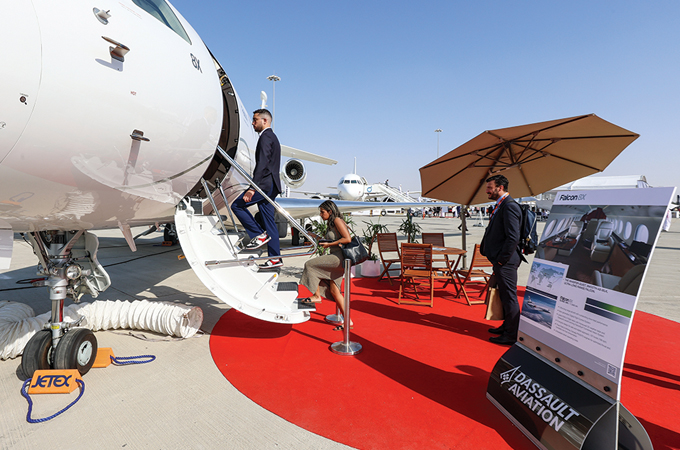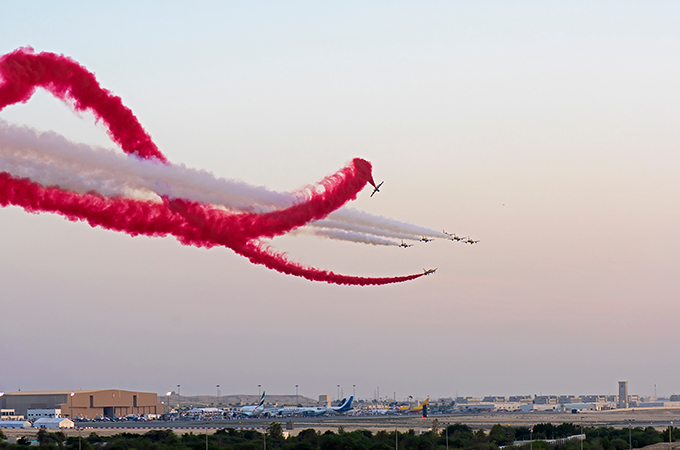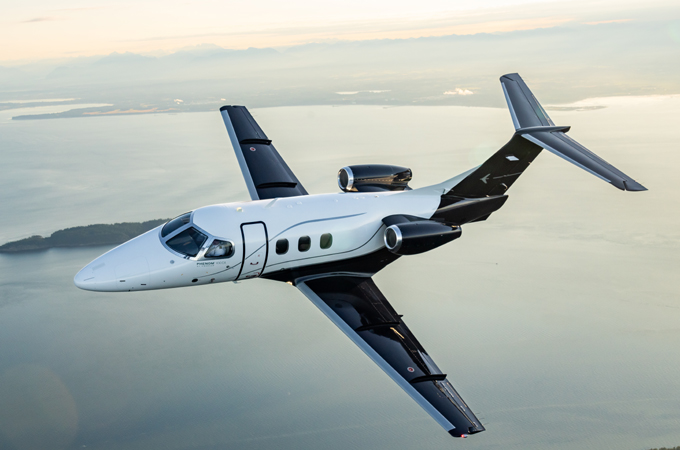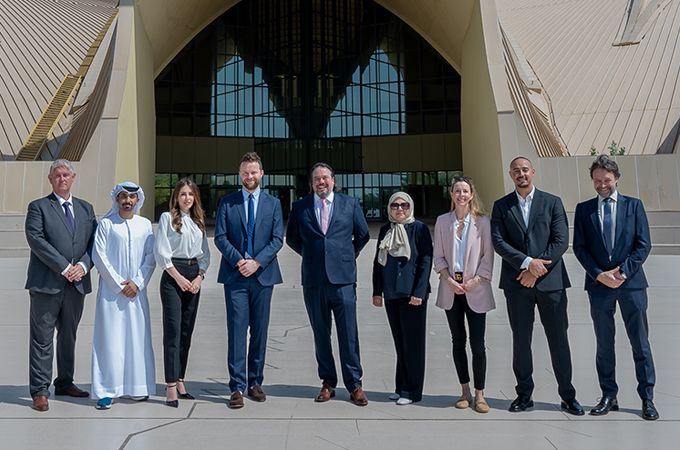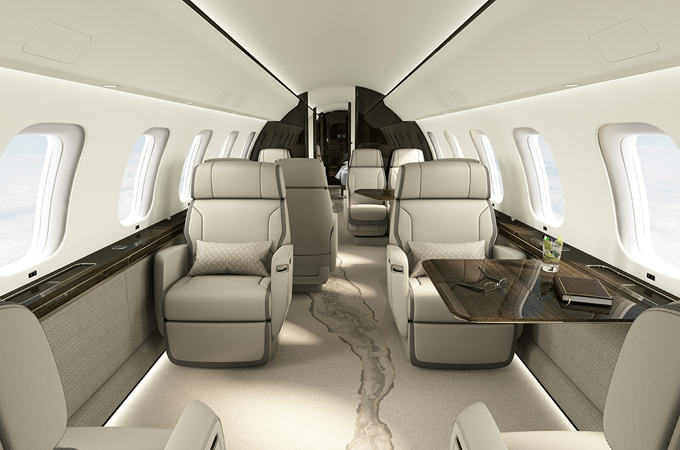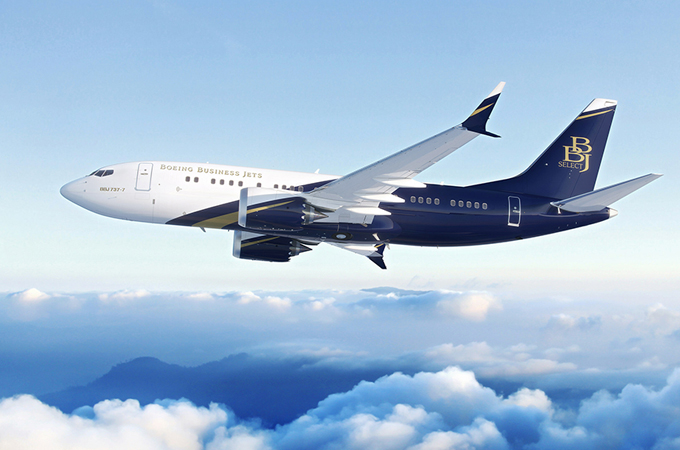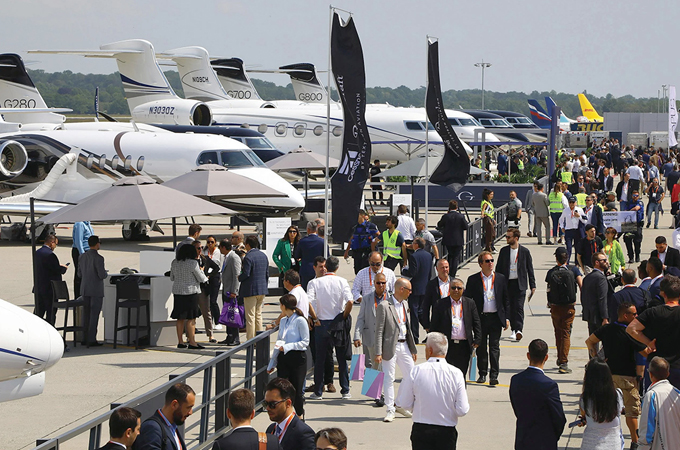Wed, Feb 8, 2023
The growing demand for private flying among air passengers signals a promising future for this aviation segment this year, says a report.
Current forecasts indicate that the private jet segment will return an annual market growth rate of about 5%-10% in 2023 compared to pre-pandemic activity, said the KlasJet report.
By the close of the last quarter of 2022, European private jet operators had completed over 600,000 business jet flights to various global destinations, making it one of the busiest years in flight activity in the past three years.
And the first month of 2023 also saw high private jet demand in the European region and other parts of the world.
A growing number of air passengers are taking advantage of business aviation memberships to increase their access to private jet services. Noticeably, many companies in this segment have noted a surge in the number of passengers – including regular flyers and first-timers – booking charter flights, pushing the demand for private jet flights higher.
Like other companies operating commercial passenger and cargo flights, the business aviation segment experienced a noteworthy decline in activity during the first two years of the pandemic. During this period, almost all commercial airlines halted or slowed their operations to some destinations worldwide. At first, this situation made more passengers develop an interest in private flying, but this did not offset the challenges that the business aviation segment confronted at that time.
Looking ahead, aviation experts predict a growth in business aviation activity in 2023, despite the uncertainty and volatility.
“As we move into the first and second quarters of 2023, the market should sustain a higher service demand and business aviation activity compared to the previous year,” according to KlasJet CEO Rita Domkute.
In spite of the promising prospects about a possible business jet demand boom, the recessionary outlook observed in many countries, particularly in the European region, could result in an unexpected market decline into 2023. Nonetheless, the business aviation market in Europe and other parts of the world, including North America, looks more resilient and encouraging, with low to modest declines vis-à-vis figures reported last year, Domkute said.
Findings from aviation market surveys show that over 94% of passengers who shifted to business aviation during the pandemic have continued to take private flights, primarily because of the convenience, flexibility, degree of personalization, and other advantages this environment offers. While the demand for regular private jet flights has declined in the past two years from 57% in 2021 to 40% in 2022, it is apparent that this aviation sector has become increasingly democratised, as evidenced by the high number of ‘covid flyers’ who have continued seek private flying services, the report said.
Many celebrities, prominent businesspersons, and government officials have been on the receiving end for their excessive use of private jets while taking short trips to various destinations. A report by a European clean transport organisation, Transport & Environment (T&E), has labelled private flying as one of the leading sources of environmental pollution. On average, private planes contribute more than 14 times air pollution per passenger compared to commercial airliners. Besides, private jets contribute more than 50% in environmental emissions than trains, which points to their adverse contributions to the global sustainability agenda on climate change mitigation.
A compelling question is how sensitive operators have become and their response to the growing criticisms and shaming against private flyers. In 2022 and early into 2023, prominent business persons, oligarchs, and celebrities like Elon Musk, Bernard Arnault, Taylor Swift, and Drake expressed their sensitivity to privacy issues after learning that some social media users were tracking their private flights and raising critical concerns about their contribution to environmental emissions. With the current trend toward jet bashing and growing criticisms over private flying, there is a high likelihood that the business aviation market may lose some of its clientele as more passengers explore other travel options, including taking one-off on-demand charter flights, private jet sharing, leasing aircraft to acquire fractional ownership, or becoming jet card members, the report said.
In view of such unfavorable prospects, business aviation must justify its position and enhance efforts to reduce its impact on the environment. While many operators may consider this a risky and causeless exercise, the private aviation segment stands to gain from focused investments in aviation innovation through “green aircraft” projects and other sustainability initiatives. Therefore, accelerating innovation and implementing sustainability projects to minimise carbon emissions from the private aviation segment are the central issues that jet manufacturers like Boeing and Gulfstream must deal with in 2023, it said.
‘’Business aviation companies will continue to deal with uncertainties while predicting the ever-changing market demand from private air passengers this year,” asserts Domkute.



